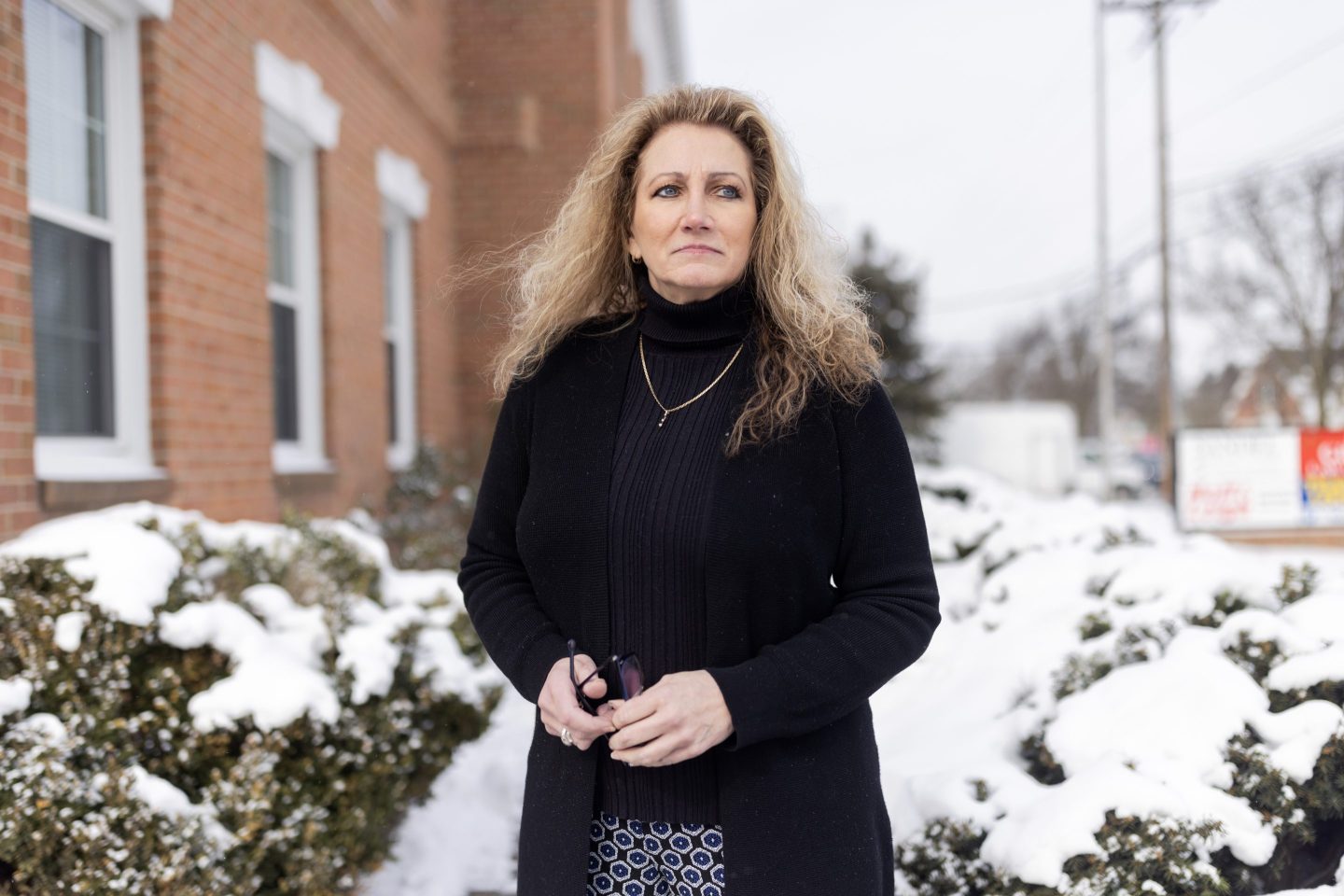- The Supreme Court is poised to implement changes to Title VII of the landmark 1964 Civil Rights Act that requires white, straight, and male plaintiffs to factor in added steps that those in the minority don’t. This comes after an Ohio Department of Youth Services employee Marlean Ames alleged discriminated after two LGBTQ+ employees obtained jobs she claimed they did not deserve.
The Supreme Court could be in favor of altering discriminatory factors for straight, white, and male people, according to oral arguments in the claims of Ohio woman Marlean Ames who claims she endured prejudice at work after two LGBTQ+ employees were selected for positions over her.
Ames, 60, a straight white woman, filed suit alleging discrimination in 2020 after she was allegedly given an ultimatum from an assistant director and a human resources official to forcibly accept a demotion from her job as an administrator with the Ohio Department of Youth Services.
“I am not going to discuss this with you,” the assistant director Julia Walburn allegedly told Ames, according to her lawsuit obtained by The Washington Post. “I am not going to debate it. Just sign the paper and have a job, or do not sign the paper and do not have a job.”
Her position was given to an LGBTQ+ man in his twenties, who Ames claims was underqualified.
Additionally, Ames alleges she was unjustly denied a managerial role, which was given to an LGBTQ+ woman, who neither applied for nor interviewed for the job, according to Ames.
Ames filed suit claiming discrimination in 2020, but lower courts ruled against her due to past cases that imposed more stringent standards on plaintiffs who are straight, male, and white.
Ames’ case before the Supreme Court is attempting to secure a change in Title VII’s statute in discrimination suits for white, straight, and male demographics. Currently the law states that further evidence is necessary to successfully win a suit in comparison to minority demographics.
Her challenge argues the “background circumstances” requirement used in almost half of the nation’s federal appeals circuit courts — including Ohio — is unfair. The majority plaintiff must prove that members of a minority background ultimately made the decision in an unfavorable ruling, or that statistical evidence alludes to a pattern in majority discrimination.
The “background circumstances” requirement is an added prerequisite for those in majority groups attempting to file for discrimination. “Background circumstances” do not apply to those in minority demographics.
“We are in radical agreement today on that, it seems to me,” Justice Neil M. Gorsuch said in oral arguments in the Supreme Court on Wednesday.
The NAACP Legal Defense and Education Fund rejected Ames’s claims in a friend-of-the-court statement. The amicus brief stated that, due to the nature of inequality in the U.S., the differing standards for majority and minority groups are appropriate. While “reverse discrimination” is relatively uncommon, African Americans and other minority groups have been marginalized and earmarked for bias.
Additionally, these claims against Title VII have garnered bipartisan support. The Biden administration wrote in a friend-of-the-court brief that background circumstances are in violation of the Civil Rights Act and are therefore unequal.
“At the heart of this case, at bottom, all Ms. Ames is asking for is equal justice under the law,” Ames’s lawyer Xiao Wang said in the oral arguments.
Wang argued that “because of the color of her skin or because of her sex or because of her religion,” that Ames shouldn’t be treated differently.
At the root of this case is “to protect the civil rights of all Americans,” Wang said.












